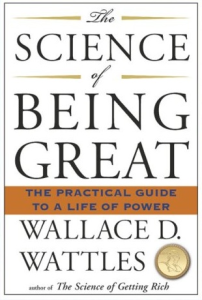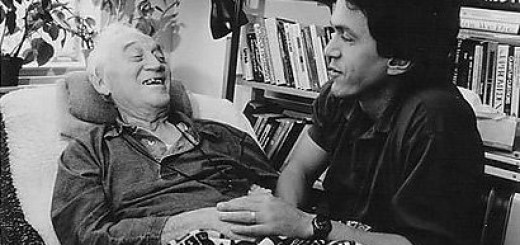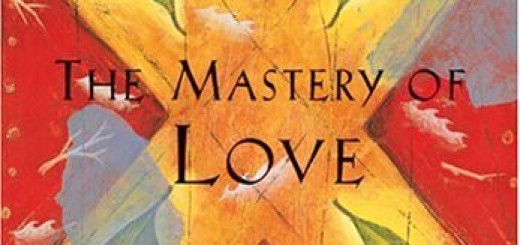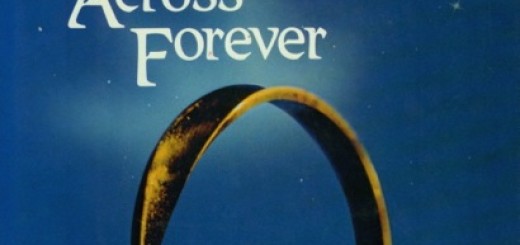Book Recommendation: The Science of Being Great by Wallace D. Wattles
 Wallace D. Wattles was a progressive New Thought pioneer who lived 1860-1911. He is best known for his book published in the early 1900s, The Science of Getting Rich, which I also recommend. Indeed, that book is the one which Rhonda Byrne refers to in her bestselling book and extremely popular movie from 2006, The Secret. However, The Science of Being Great, is such a gem that I thought I would focus on it instead.
Wallace D. Wattles was a progressive New Thought pioneer who lived 1860-1911. He is best known for his book published in the early 1900s, The Science of Getting Rich, which I also recommend. Indeed, that book is the one which Rhonda Byrne refers to in her bestselling book and extremely popular movie from 2006, The Secret. However, The Science of Being Great, is such a gem that I thought I would focus on it instead.
According to Wallace, “any person may become great” regardless of heredity. What I like, though, is that he doesn’t claim that heredity doesn’t count. In spite of the optimistic message of “your thoughts become your reality,” he’s a realist. He acknowledges that what we call genetics today, how you are brought up and what your inputs are will heavily influence your thinking.
The optimistic part that resonates with me, of course, is that you can succeed no matter the apparent limitations thrust upon you. He says, “The brain does not make the man; the man makes the brain.” And, as we all know from numerous scientific studies, medical and psychological, this is not theory… it’s truth. My friend and colleague, Tom Cassidy, who has a Masters in Physics, likes to point out that nothing can be called a science without having been proven time and time again that it’s true. Otherwise it’s just a theory. Wattles aptly titled his book because all that he discusses in the book is proven and true.
I appreciate one particular area that Wattles goes into, which, in my opinion, is only flirted with but not addressed in The Secret. That is the role of Source or Creator in the “your thoughts become your reality and how to change the habit of your thinking” process. Though he cites mostly from the Christian tradition (one of the chapter titles is “Jesus’ Idea of Greatness”), I know from having read the preface of The Science of Getting Rich, that he also embraces concepts put forth in what he calls “Oriental Philosophies” such as the monistic theory of One is All and All is One from the Hindu tradition. He apparently also looks to some western philosophers including Descartes, Spinoza and Emerson to name a few.
This book is refreshingly direct. Wattles doesn’t waste words, though he does repeat himself when necessary to drive a point home. It is a “certain way of thinking” that he lays out succinctly and clearly. For a man of his time, his writing style is remarkably pragmatic and direct.
___________________________________________________
Angela Loëb helps people rediscover and use their gifts so they can bring who they are to what they do. To learn more, please visit: www.insyncresources.com
___________________________________________________



